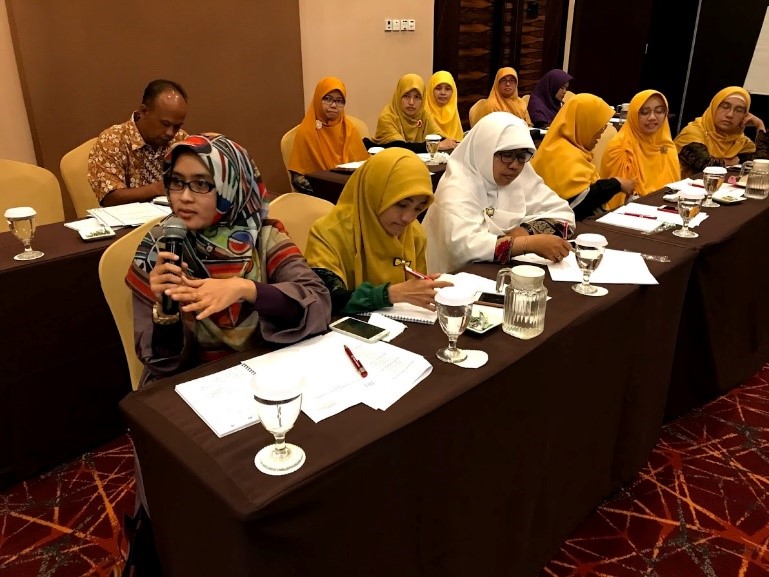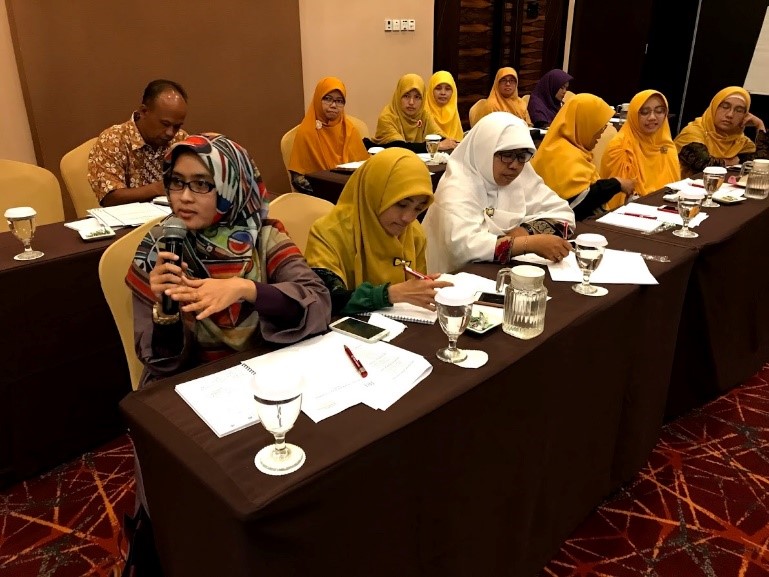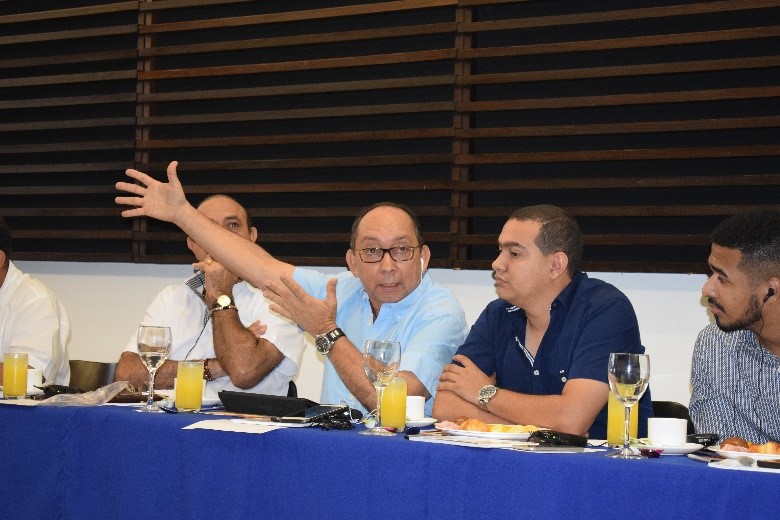
People run for office for a variety of reasons, some of which are altruistic and stem from a desire to improve their communities and make a difference, while others are entirely ego-driven or power seeking. In either case, very few truly know what to expect when they take office. Campaigns are focused on winning, but there is a clear need for a better understanding of what winning means. Giving speeches at rallies is fun, but governing is difficult. This is why at IRI we are preparing candidates, not only to win campaigns, but for the hard task of governing.
All too often, candidates do not fully comprehend what the position they are campaigning for entails, neither their scope of responsibilities, nor the limitations that can inhibit them from fulfilling campaign promises. This situation can result in unnecessary delays, insufficient planning, financial waste and poorly implemented reforms. All of this adds up to poor governance, disenfranchised voters, inequality and potentially resentment or political apathy.
To some degree, the issue of ill-prepared candidates is not surprising given that no government has perfected the science of delivering reforms or accomplishing everything they promised. There are countless sources that study every aspect of elections and running campaigns, developing policy and shaping public opinion. However, there is virtually no academic literature on how to get things done in government. Nonetheless, candidates need to be prepared for what lies ahead if they are successful in elections. This is an area where political parties can improve by investing in their candidates and elected representatives to create more responsive governance practices and build credibility.
Over the past year, IRI has been working with political parties in Colombia and Indonesia to prepare candidates to govern and make attainable promises in their campaigns. In Colombia, IRI worked with political parties ahead of the legislative elections to not only provide them with the skills to campaign, but with a clear outline of how to develop policies that are aligned with their capacity as legislators.

At the same time, IRI worked with parties in Indonesia as they prepared for mayoral and gubernatorial elections to emphasize the importance of planning. By developing a concrete 100-day plan during the campaign period, parties can align their messaging with a concrete plan for implementation. This not only increases their credibility but provides citizens with a clear way to hold them accountable. Through a series of trainings post-election, IRI worked with the same parties on ways to make the most of the transition period between the election and inauguration, as well as how to improve oversight mechanisms and citizen engagement once officials are in office. A party that IRI worked with was able to win the Mayor’s seat in a large municipality. They attributed their win to cohesive campaign messaging and their ability to mobilize women for a “Get Out the Vote” campaign. At IRI’s post-election workshop, they shared this success and other lessons learned with their regional party members who will run for the state assembly next year.
In the northeastern Department of Cesar in Colombia, IRI held a joint training with elected legislators, their staff, party leadership, community youth and civil society to discuss drafting legislation that could spearhead the region’s development agenda. During the workshop, one participant commented that this was the first time that all the representatives for this Department from various parties were present in a room. This provided the group an opportunity to align their strategies for the region in order to tackle key problems such as immigration, economic development in rural areas and road infrastructure. The group worked with IRI to prioritize projects and improve their understanding of the process for drafting legislation, including how to get their bills to the floor for a vote, outlining the key players and allies with whom they need to build relationships and channel buy-in.

While IRI’s support cannot ensure that candidates and elected officials run for office for the right reasons, providing access to important tools for new candidates and elected officials can encourage them to realize the benefit of responsive governance – listening to citizens to create data-driven agendas – and effective policy implementation. By providing an enabling environment for learning, IRI’s work can help to facilitate conditions in which leaders are prepared to govern and parties are equipped with training materials for consistent practices to build credibility, deliver on promises and enact effective reforms. Governing is difficult, but getting things done in government is imperative to ensuring that governments fulfill their mandate of serving citizens. When people’s needs are met, their quality of life improves, and they are enabled to contribute to positive thriving communities that are more stable, equitable and secure.
Top